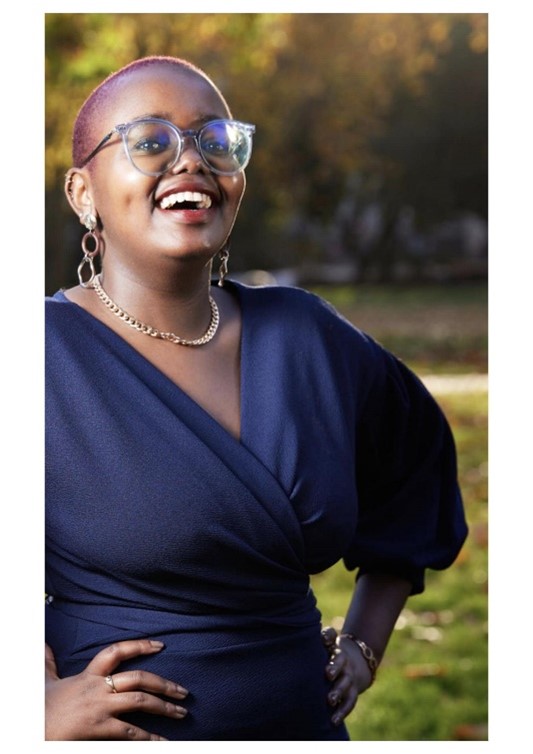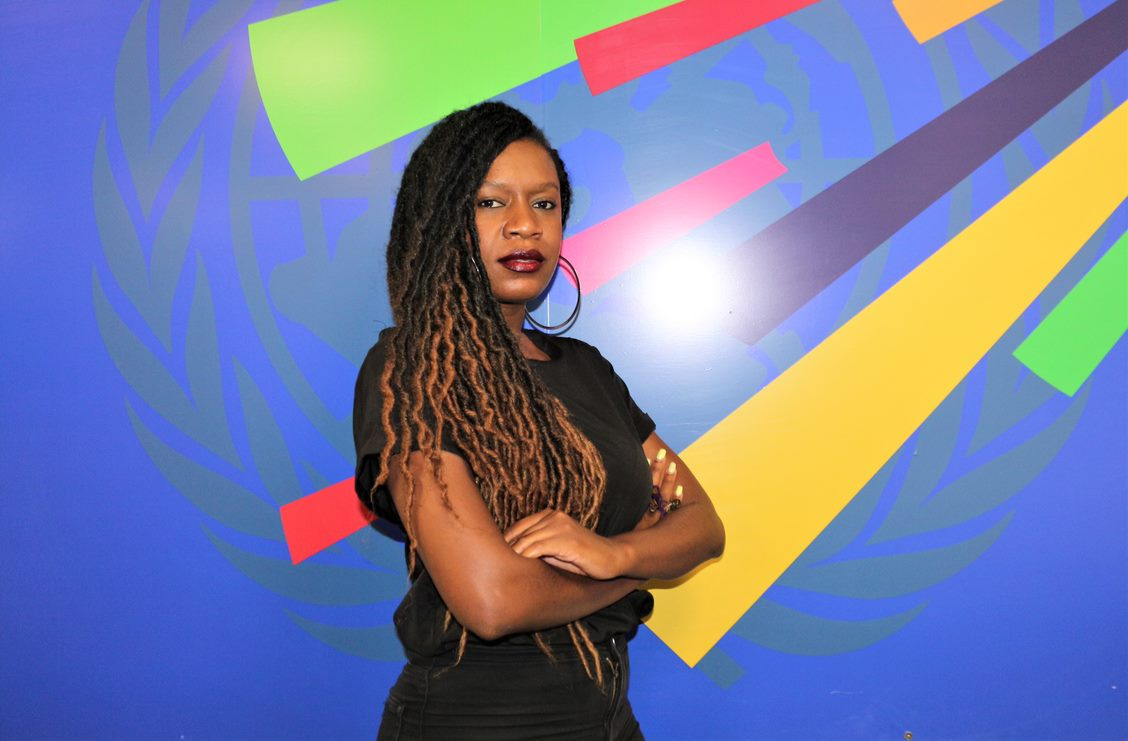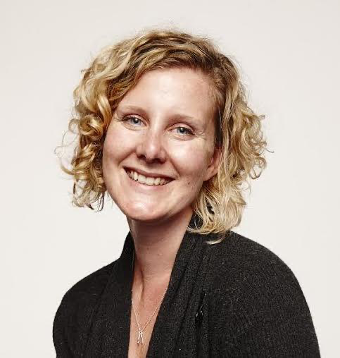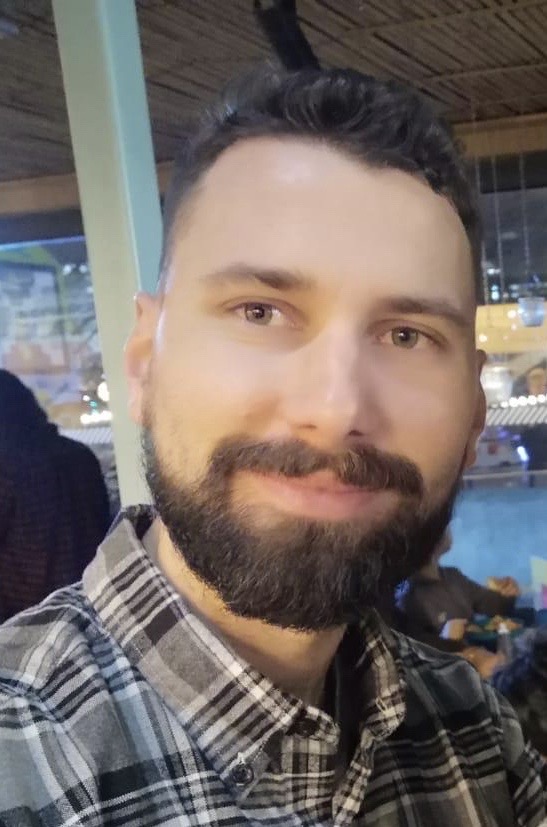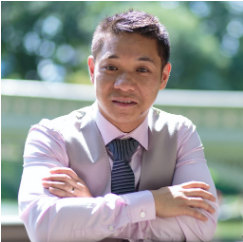 Astrea is Birkbeck’s staff network for women and non-binary people in professional services. We talk to Astrea member Julie Crofts about her career journey.
Astrea is Birkbeck’s staff network for women and non-binary people in professional services. We talk to Astrea member Julie Crofts about her career journey.
Can you tell us a bit about your career journey so far?
I’ve worked in and around education and universities for over 30 years now. I studied English Literature (with some grammar and old English thrown in) as an undergraduate and I followed straight on with a Master’s degree in the days when the British Academy would support students to take an MA. I started a PhD on Angela Carter’s work in the early ‘90s. There wasn’t much of a support framework then for PhD students and I think I felt a bit thrown in at the deep end. I really liked the teaching I did as a PhD student and afterwards at Birmingham University, but I didn’t really have the confidence or single-mindedness to pursue an academic career. It gave me an early brush with quality assurance as I was both a postgraduate student rep and also a teacher whose class was observed in the 1994 Teaching Quality Assessment process.
I learned to type when I was 18 – my mum’s legacy – which meant I could start temping in offices when touch-typing wasn’t a universal skillset. It gave me quite a lot of work experience in multiple sectors. In higher education, I’ve worked at or studied in (or both) around 15 different institutions across the country in my career.
My first permanent job in London was at the Royal Society for Arts (if you ever see FRSA after someone’s name, by the way, that means they pay to be a Fellow) working on a project supporting accreditation for work-based learning through volunteering. It was a fantastic introduction to the city and to work from drug rehabilitation to Theatre Peckham. It also prompted a career in arts education and twenty years working in conservatoires. I made an active choice to work in dance and spent five years at the Council for Dance Education and Training which accredited professional dance programmes. I helped to set up the Conservatoire for Dance and Drama (created with HEFCE support in 2001) moving from a project officer to its Executive Director and from there to RADA as Secretary and Registrar. I also spent some time at City, University of London. Small institutions don’t always offer the complexity of bigger universities but do offer breadth. At RADA, along with the directors of education/training, we were switching between being the leadership team making decisions about the strategic direction to problems with a shower not working. I don’t think there is a ‘right’ career route; just opportunities to keep learning and developing your experience and judgment.
A few summers ago, I was working on two team restructurings: one at RADA and one at City. I learned then that it’s never the thing you think that will really be difficult, always the one you think will be easy.
I’ve known Birkbeck since I came to London and have always admired its ethos and the opportunities it provides for people. My role as Director of Academic Standards and Quality & Deputy Academic Registrar (surely the longest job title of anyone in the College) is ideal for me at the moment. I’ve got a lovely and talented team and work with great people in Registry and across the College. I’ve enjoyed working more closely with departments, learning more about the programmes we offer and getting to know people. I’m especially pleased to be on campus a bit more now and meeting people I’ve been working with for 15 months but am only now meeting in person.
What are some tips for success?
I’d like someone to tell me! But my personal guiding lights are:
- Do something that interests you and perhaps scares you a little bit.
- Serve the work, not the person: that really means do the best you can by the work you’re doing rather than play politics or try to undermine someone else. Try to be straightforward, don’t withhold information, work for the team. Be ambitious for your work, not for your status.
- When they go low, we go high (Michelle Obama).
- Be kind.
- Not everyone will like you, and that’s ok.
- Always say thank you.
What advice would you give to someone starting your career/field?
Quality assurance is about standards, about consistency and above all about good learning experiences. I think it’s really helpful for someone working in a ‘central’ quality team to have had experience working in a department or somewhere like student advice, basically having had day-to-day contact with our students and also the people who teach them. In a variation of serving the work, remember that you’re backstage not the main show. Your job is to support the education offered and that’s an essential role, but if you’re doing it well, most people won’t notice. I’ve been on the academic path and I’m married to an academic and it’s a good reminder of what we’re here to do.
What was the last thing you read/heard/saw that inspired you?
Here’s a photo of a bench by the artist Jenny Holzer I saw at Easter in the Peggy Guggenheim in Venice:
Otherwise, I listened on Audible to Dr Julie Smith’s Why has nobody told me this before. Her tip for stopping ruminating is to put your hand out in front and say ‘Stop!’ And it works! Try it.
Finally, I’ve recently re-read South Riding by Winifred Holtby. A book as much about the machinations of committees and local government as anything else. Heartily recommend.
What do you do to unwind after work?
Apart now from saying Stop!, in lockdown we took to playing Bananagrams as a reset for the end of the day. I love reading and I’ve knitted my way through a great many box sets. Now the weather’s better, I’m tending my balcony plants and looking forward to my Emily Brontë rose finally flowering. I’m not entirely sure I’m much of an unwinder, except of knitting, though.







